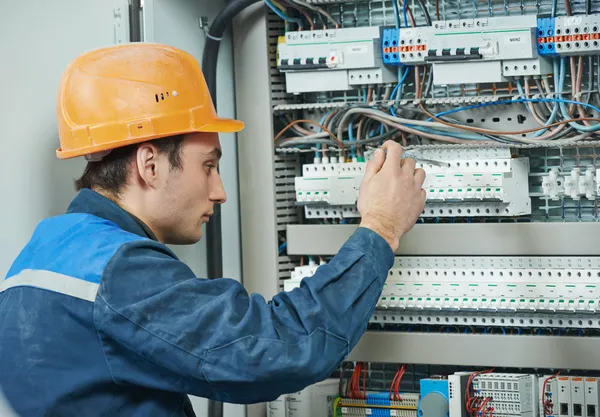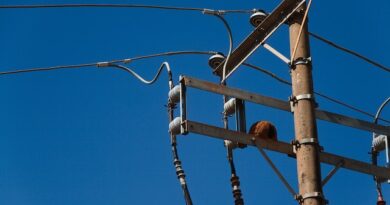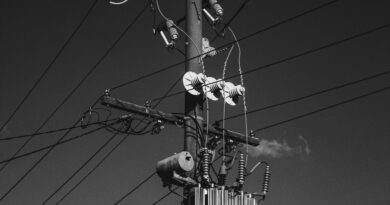Conducting an Effective Electrical Safety Audit
Is Your Electrical System Safe? Conducting an Effective Electrical Safety Audit
Introduction
Ensuring the safety of your electrical system is crucial for protecting your property, loved ones, and business from potential hazards. One effective way to assess the safety of your electrical infrastructure is by conducting an electrical safety audit. In this blog post, we will explore the importance of an electrical safety audit and provide you with a comprehensive guide to conducting an effective audit for your electrical system.
Why is an Electrical Safety Audit Important?
Identify Potential Hazards
An electrical safety audit allows you to identify potential electrical hazards within your system. These hazards may include outdated wiring, faulty connections, overloaded circuits, improper grounding, or outdated equipment. Identifying these risks early on can help prevent electrical fires, shocks, and other accidents that may lead to property damage or personal injury.
Ensure Compliance with Safety Standards
Electrical safety audits ensure that your electrical system complies with the necessary safety standards and regulations. Compliance is essential to meet legal requirements and avoid penalties. It also demonstrates your commitment to providing a safe environment for occupants and visitors.
Minimize Business Disruptions
Electrical failures or accidents can result in significant disruptions to your business operations. By conducting regular electrical safety audits, you can identify and address potential issues before they escalate into costly breakdowns or downtime. This proactive approach helps maintain smooth operations and customer satisfaction.
Optimize Energy Efficiency
An electrical safety audit also allows you to assess the energy efficiency of your electrical system. Inefficient components, power-hungry appliances, or outdated lighting fixtures can lead to unnecessary energy consumption and higher utility bills. By identifying areas for improvement during the audit, you can make necessary upgrades and optimize energy usage, leading to cost savings in the long run.
How to Conduct an Effective Electrical Safety Audit
Engage a Qualified Professional
Start by engaging a qualified electrician or electrical safety expert who specializes in conducting audits. Their expertise and experience ensure a thorough evaluation of your electrical system.
Assessment of Electrical Components
The auditor will assess various components of your electrical system, including wiring, circuit breakers, outlets, switches, grounding, and protective devices. They will inspect for any signs of wear, damage, or non-compliance with safety standards.
Testing and Measurements
The auditor may perform tests and measurements to evaluate the electrical load, voltage levels, circuit integrity, and overall system performance. This may involve using specialized equipment to detect any hidden issues.
Documentation and Reporting
The auditor will document their findings and prepare a detailed report. The report will highlight any identified hazards, non-compliance issues, and recommendations for corrective actions. It may also include suggestions for energy efficiency improvements.
Addressing Identified Issues
Based on the audit report, prioritize addressing the identified issues and hazards. Work with the auditor to develop a plan for necessary repairs, replacements, or upgrades. Ensure that the recommended actions are implemented promptly to enhance safety and compliance.
Ongoing Maintenance and Regular Audits
To maintain electrical safety, establish a schedule for regular maintenance checks and future audits. Regular inspections will help identify new issues that may arise over time and ensure the continued safety and efficiency of your electrical system.
Conclusion
Conducting an effective electrical safety audit is vital for assessing the safety, compliance, and efficiency of your electrical system. By identifying potential hazards, ensuring compliance with safety standards, minimizing disruptions, and optimizing energy usage, an electrical safety audit contributes to a secure and reliable electrical infrastructure. Make it a priority to conduct regular audits to ensure the safety and well-being of your property, occupants, and business operations.




